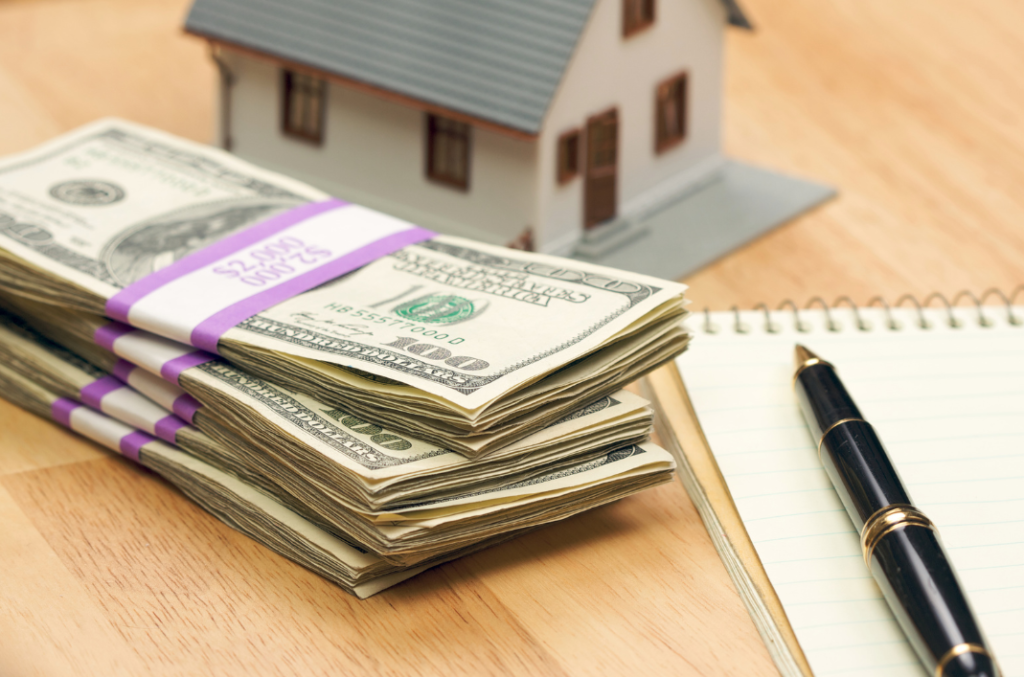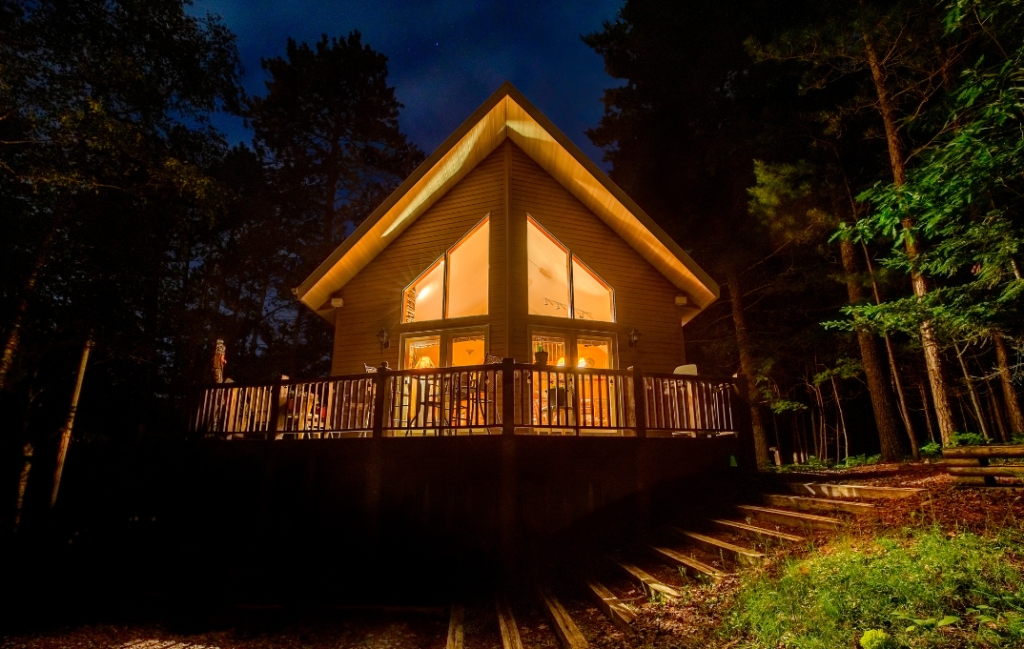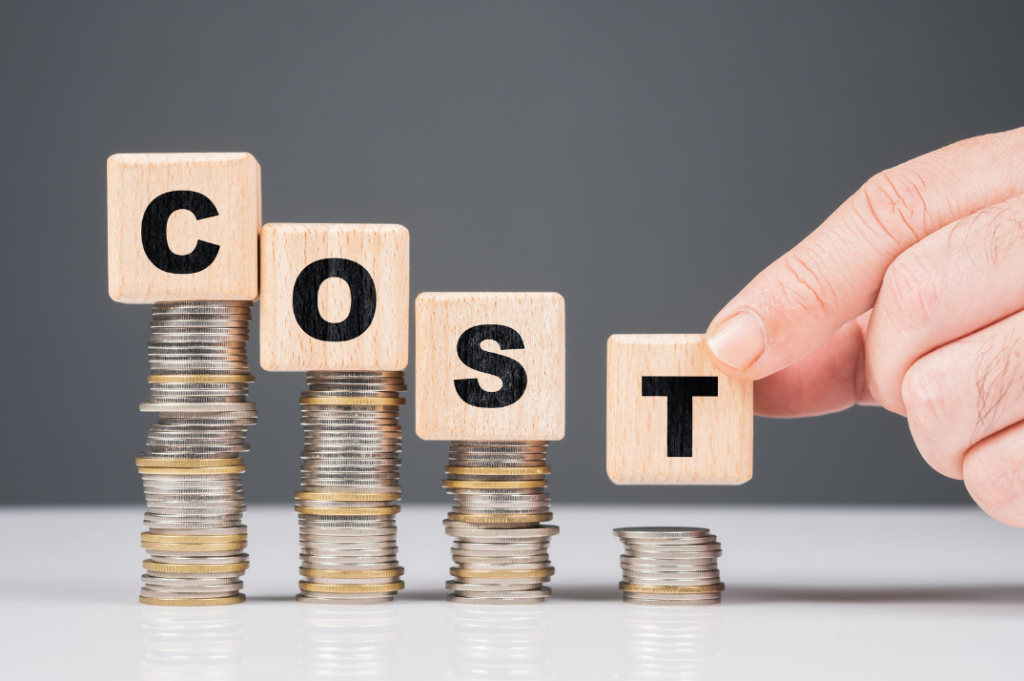
Listing your house for rent can be a great way to earn extra income, but how much should I list my house for rent is one of the trickiest questions to answer. Price it too high, and you might scare off potential tenants; price it too low, and you risk losing out on potential earnings. So, how do you strike the right balance?
In this article, we’ll go over some key factors to consider when deciding how much to list your house for rent. We’ll also explore some tools and services that can help you set a fair and competitive price, including Hosteeva Hosted, a solution that can help you optimize your pricing strategy for the best results.
Factors to Consider When Setting a Rental Price
Determining the ideal rental price involves more than guessing what seems fair. Several factors influence the appropriate price for your property.
Location, Location, Location
Your property’s location plays a crucial role in determining its rental price. Homes in highly sought-after areas, such as near the beach, city centers, or public transportation, usually command higher rates.
Research local rental listings to understand what similar properties in your area are charging. Focus on listings with comparable square footage, amenities, and features. Websites like Zillow and Rent.com can provide a good sense of current rental prices in your area.
For tips on dynamic pricing for short-term rentals, check out our guide to maximize your rental profits.
Property Size and Features

The size of your property and the number of rooms it offers will have a direct impact on its rental value. A large, 4-bedroom house will typically be priced higher than a 2-bedroom apartment, even if they are located in the same neighborhood.
Other features that can affect pricing include:
- Upgraded amenities (like a modern kitchen or bathroom).
- Outdoor space (such as a backyard or balcony).
- Parking availability (garages or dedicated parking spaces can increase the price).
- Smart home features (such as security systems, smart thermostats, etc.).
The more desirable your property is, the more you can likely charge for rent. Be sure to highlight these features in your listing to justify a higher asking price.
Market Demand and Seasonality
Market demand fluctuates based on various factors, including the time of year. During high-demand seasons (like summer for vacation rentals or fall for university towns), you can often charge more. During off-peak seasons, you may need to adjust your pricing to stay competitive.
You can also gauge demand by looking at local vacancy rates through resources like the U.S. Census Bureau’s Housing Vacancies and Homeownership Report. If rental properties in your area are being rented quickly, you may be able to set a higher price. Conversely, if properties are sitting empty for long periods, you may need to adjust downward.
If you’re managing a vacation rental, consider exploring Airbnb automation to streamline your operations.
Competitive Pricing
A good strategy for setting your rent price is to look at similar properties in your area. What are other landlords charging for similar homes in terms of size, condition, and amenities? If your property offers unique features or is in a prime location, you may be able to price it higher.
It’s important to keep in mind that while it’s good to be competitive, you should never undervalue your property just to secure tenants quickly. Price your rental home appropriately based on what similar properties are listed for, and make adjustments as necessary depending on demand and the time of year.
How Hosteeva Hosted Can Help You Set the Right Price
When setting the rental price for your property, having the right tools in place can make all the difference. This is where Hosteeva Hosted comes in.
Hosteeva Hosted is an all-in-one property management solution that can help you optimize your rental pricing and ensure you get the most out of your listing. The platform uses dynamic pricing to adjust your rental rates based on market demand, seasonal trends, and competitor prices, all automatically. This ensures that your property is priced optimally to maximize your earnings while staying competitive in the market.
With Hosteeva Hosted, you’ll have access to:
- Automated pricing: The system adjusts your rates in real time based on supply and demand, ensuring your listing remains competitive.
- Market insights: The platform provides data-driven insights on the best pricing strategies for your location, taking the guesswork out of the process.
- Time-saving tools: With features like automated guest communication and booking management, you can spend less time handling the administrative side of renting and more time focusing on maximizing your profits.
Using Hosteeva Hosted to manage your property can help you stay on top of market fluctuations and ensure your pricing is always in line with the current demand, helping you earn more from your rental property.
Understanding Your Costs

Before setting a rental price, it’s important to calculate your costs to ensure that you’re making a profit. Here are some common expenses to consider:
- Mortgage: If you’re still paying off your mortgage, your rent should at least cover this cost.
- Property taxes: Don’t forget to factor in property taxes when setting your price.
- Insurance: Rental properties often require additional insurance, which should be included in your pricing.
- Maintenance and repairs: Ongoing maintenance costs, such as lawn care, plumbing repairs, and routine upkeep, should be factored into your rent price.
- Utilities: If you’re covering utilities (water, electricity, internet, etc.), this should be considered when calculating the rent.
Check out our case study to see how professional property management can help reduce costs and maximize your earnings.
How to Test Your Rental Price
Once you’ve set the price and are confident in your answer to how much should I list my house for rent, it’s important to test it to see how the market responds. If your property is listed at a price that’s too high, you may find it sitting empty for longer than you’d like. On the other hand, pricing it too low may result in a quick lease but leave you with less income than you deserve.
To find the ideal price:
- Start by listing at a competitive price and monitor how quickly you get inquiries.
- If there’s little interest, try lowering the rent slightly.
- If there’s an overwhelming amount of interest, you may want to consider raising the price a little to see if that balance still attracts tenants.
Conclusion
Determining how much to list your house for rent requires careful consideration of factors like location, size, features, and market demand. By doing your research and using tools like Hosteeva Hosted, you can set a fair price that attracts tenants while maximizing your rental income.
With the right pricing strategy and the support of property management software, you can ensure that your rental home stays competitive and profitable for years to come.


